 |
| Sonya Bach |
The Korean pianist Sonya Bach recently released an album of music by Rachmaninov, her third album for Rubicon Classics following a disc of music by JS Bach in 2017 and Chopin's Études in 2020. Her new album combines Rachmaninov's Piano Sonata No. 2 with a selection of his Preludes Op. 23 and Moments Musicaux Op. 16. Sonya gave her first public concert at the age of five and at nine made her debut with orchestra with the Seoul Philharmonic Orchestra in her native Korea. Her teachers and mentors have included the Russian pianist Lazar Berman (1930-2005), whose youngest pupil she was, and the Spanish pianist Alicia de Larrocha (1923-2009). I recently caught up with Sonya via Skype to find out more about her Rachmaninov disc.
 |
| Sonya Bach with Lazar Berman |
Rachmaninov's Piano Sonata No. 2 is a work she has been playing for years, since she was a teenager, and she finds the very beginning of the sonata tremendous. It took her breath away the first time she heard it and she wanted to play it, so the work has played a big part in her life.
The piece has a somewhat complex history, Rachmaninov wrote it in 1913 and premiered it himself, but he was dissatisfied with the piece. He wanted to revise it but had no time, finally doing so in 1931, making significant cuts and generally tightening it up. When Sonya started to study the sonata it was the first version she looked at, but she also learned the second version. She feels that the second version, which is more compressed, is better for a recording whereas the more extended first version might be work in recital.

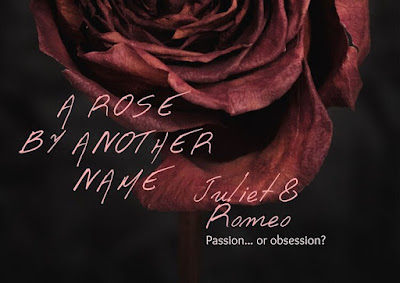
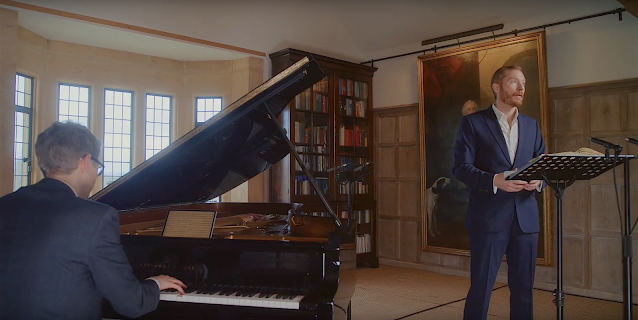

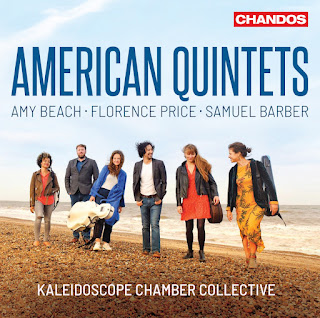




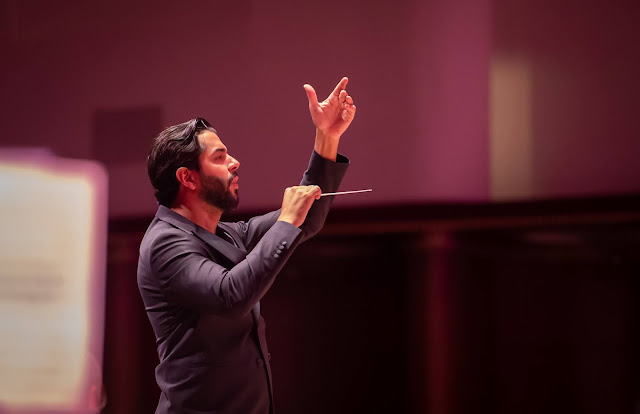


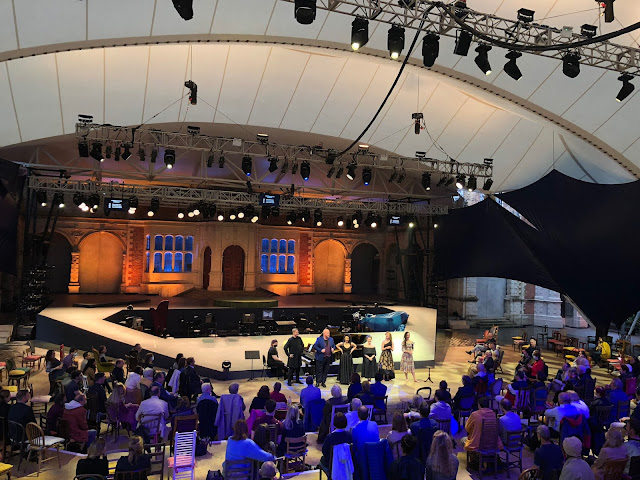

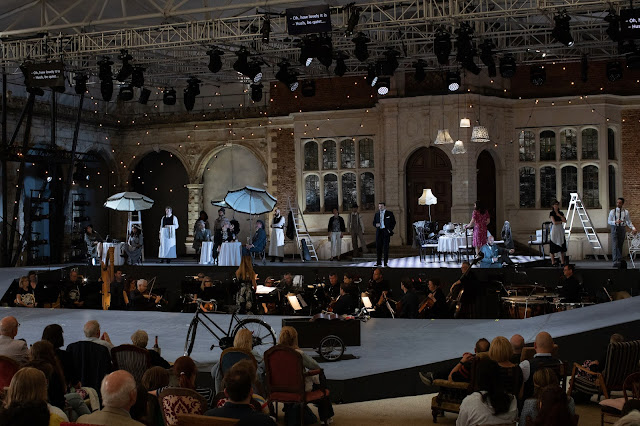


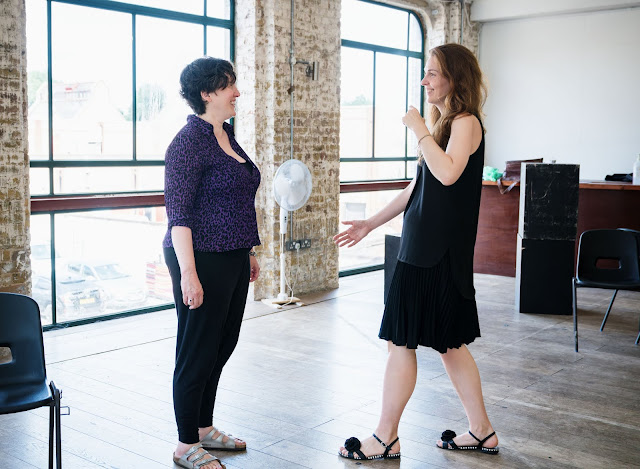







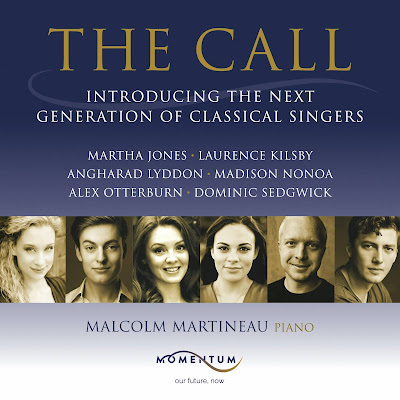





.jpg)








